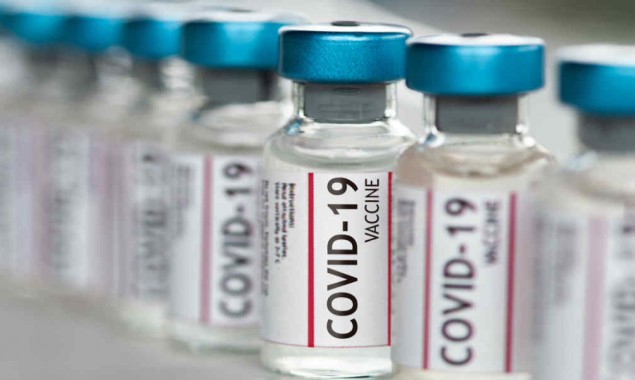Snake venom, possible cure for COVID-19?
New research suggests that the venom of a particular type of snake...

COVID-19
COVID-19 vaccines function in one of two ways: they can send neutralising antibodies to bind an invasive virus and prevent it from infecting cells, or they can activate innate immune cells to kill pathogens.
The former works for viruses that remain relatively static, such as measles, but for viruses like HIV and flu, activating immune cells can compensate for the fact that antibodies aren’t always a perfect match.
The problem is that, according to a study, published in Cell Reports Medicine, the kind and number of antibodies can have a distinct impact on immune cell activation.
“With rapidly mutating viruses like Vaccines function in one of two ways: they can send neutralising antibodies to bind an invasive virus and prevent it from infecting cells, or they can activate innate immune cells to kill pathogens.and the flu, there is variability in both the viral population and the people it’s infecting,” said Melissa Lemke, a U-M Ph.D. candidate in biomedical engineering and lead author on the paper.
“This means that in order to protect all people to the same degree from a variety of viral mutations, we will need an array of possible solutions that can be matched to any given person’s health status, sex, age, and genetic background.”
“Computational tools like this one are going to be essential in speeding up the search for mechanisms that can be implemented to create effective vaccines for all.”
The University of Melbourne model was based on data from the only moderately protective HIV vaccination trial to date. The model looked at the amount and type of antibodies produced after vaccination in plasma samples from trial participants—basically blood samples without the red blood cells. When an antibody connects to both a pathogen and an immune cell, the immune cell receives a signal to kill the pathogen.
The model predicted that increasing antibody levels does not activate immune cells in all people equally. Increasing antibodies can have a wide range of effects depending on a subject’s baseline antibody levels and genetic background, ranging from benefitting some patients to doing nothing for others to perhaps lowering immune cell activation in others.
Catch all the Health News, Breaking News Event and Latest News Updates on The BOL News
Download The BOL News App to get the Daily News Update & Follow us on Google News.